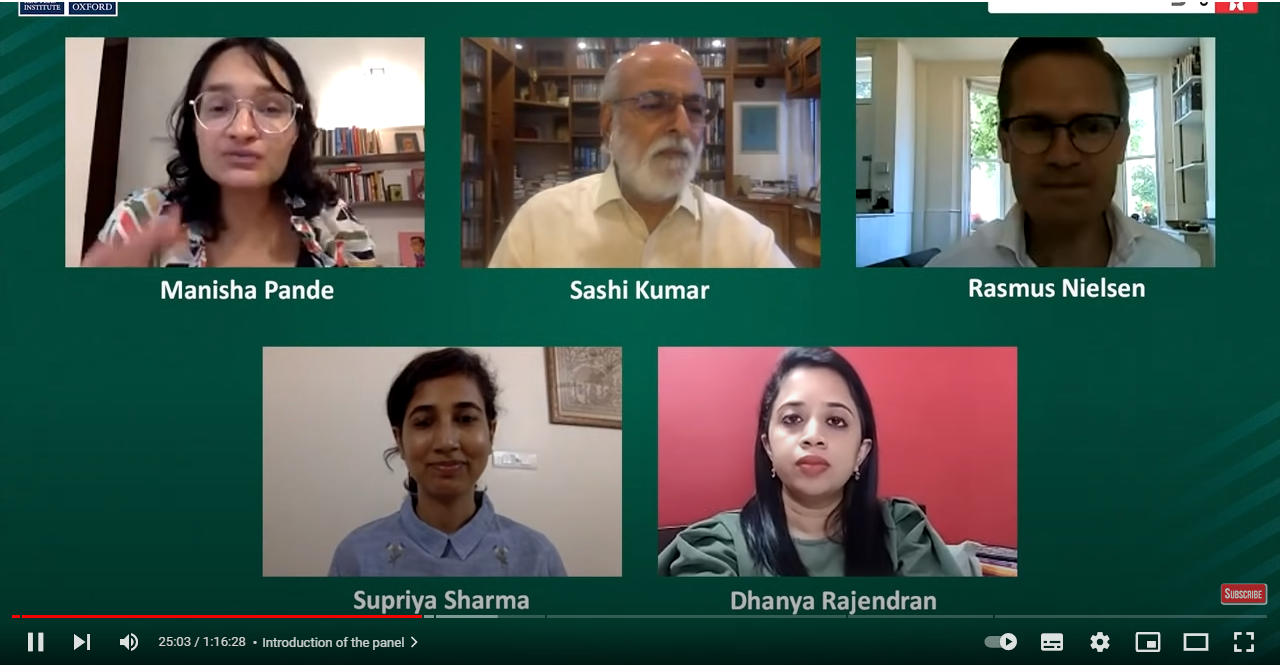Jyothsna Mani
7:19
7:26
7:29
7:32
7:36
7:41
7:41
7:44
7:48
7:51
7:52
7:56
7:58
7:58
8:02
8:04
8:06
8:09
8:11
8:12
8:14
Connecting…





